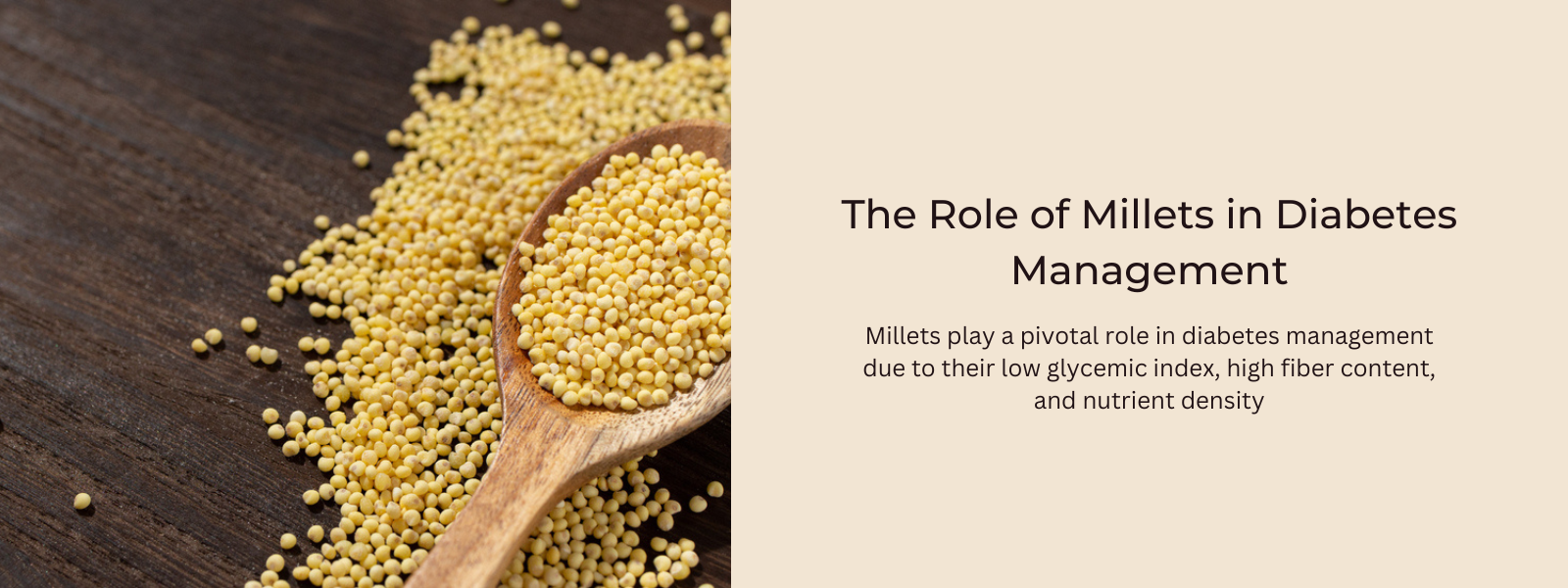Sage (Salvia officinalis), a herb commonly found in kitchens, has been revered for centuries for its medicinal and culinary uses. Recent scientific research has shed light on its significant potential as a memory enhancer and brain health supporter. Let’s explore the science behind sage and its role in boosting cognitive function.
Table of Contents
Active Compounds in Sage
Sage contains several bioactive compounds that are thought to contribute to its memory-enhancing effects. The most notable compounds include:
- Rosmarinic acid: A potent antioxidant that helps protect brain cells from oxidative stress, which is linked to cognitive decline.
- Luteolin and apigenin: Flavonoids with anti-inflammatory properties, beneficial for brain health.
- Essential oils (α-thujone and β-thujone): These compounds are believed to affect the neurotransmitter systems in the brain, improving memory and mood.
How Sage Enhances Memory
- Inhibition of Acetylcholinesterase (AChE): Acetylcholine is a neurotransmitter crucial for memory and learning. Sage has been shown to inhibit acetylcholinesterase, the enzyme that breaks down acetylcholine, leading to higher levels of this neurotransmitter in the brain. This action is similar to how certain drugs for Alzheimer’s disease work.
- Antioxidant Properties: Sage’s strong antioxidant profile helps neutralize free radicals, which can damage brain cells. This protection is essential in reducing oxidative stress and slowing down age-related cognitive decline.
- Anti-inflammatory Effects: Chronic inflammation in the brain can impair cognitive function and memory. The flavonoids in sage, such as luteolin and apigenin, help reduce inflammation, promoting a healthier brain environment.
- Improved Blood Flow and Neurogenesis: Some studies suggest that sage can improve cerebral blood flow, which ensures the brain receives adequate oxygen and nutrients. This also supports neurogenesis, the process of forming new neurons, which is vital for memory and learning.
Scientific Studies Supporting Sage’s Memory Benefits
Several studies have confirmed the cognitive benefits of sage:
- A study published in 2003 found that healthy young adults who took sage oil capsules performed better on memory tests compared to those who took a placebo. The effects were noticeable just a few hours after consumption, highlighting its short-term cognitive enhancement.
- Another study in 2017 showed that older adults with mild to moderate Alzheimer’s disease experienced improved cognitive function after consuming sage extract for 4 months. This reinforces the potential for sage to be used in managing age-related memory disorders.
- In a study involving middle-aged individuals in 2011, participants who consumed sage extract showed improved attention and information processing speed, further supporting its role in enhancing cognitive abilities.
Incorporating Sage Into Your Daily Routine
Adding sage to your daily routine is easy and can be done in various ways:
- As a culinary herb: Fresh or dried sage leaves can be used in soups, stews, salads, and meat dishes. It adds flavor while boosting brain health.
- Sage tea: Brewing sage leaves into tea is a simple way to consume this herb. Drinking 1–2 cups a day can help improve cognitive function.
- Essential oil or supplements: Sage essential oil is available in capsule form, or you can use it for aromatherapy. However, it’s important to consult a healthcare professional before using sage supplements, especially in higher doses.
Precautions and Side Effects
While sage is generally safe when consumed in culinary amounts, caution should be taken with high doses of sage, particularly its essential oil. Thujone, one of the active compounds in sage, can be toxic in large quantities and may cause seizures. Pregnant or breastfeeding women and individuals with epilepsy should avoid high doses of sage.
Conclusion
Sage has earned its reputation as a powerful memory enhancer due to its ability to protect brain cells, reduce inflammation, and elevate levels of acetylcholine. Whether used in cooking, as a tea, or in supplement form, sage offers a natural and effective way to support cognitive health. Incorporating sage into your diet could be a simple yet effective strategy for maintaining mental clarity and memory, especially as you age.














Leave a comment